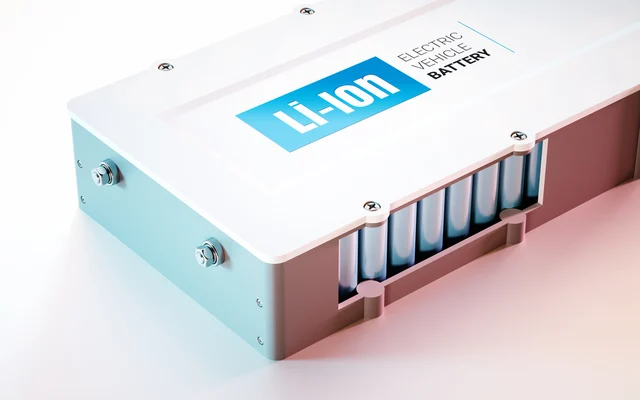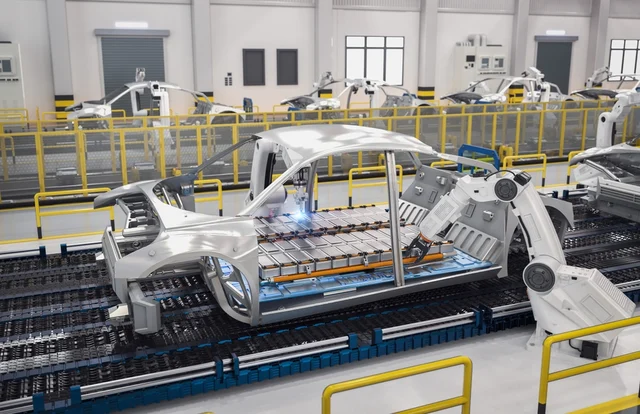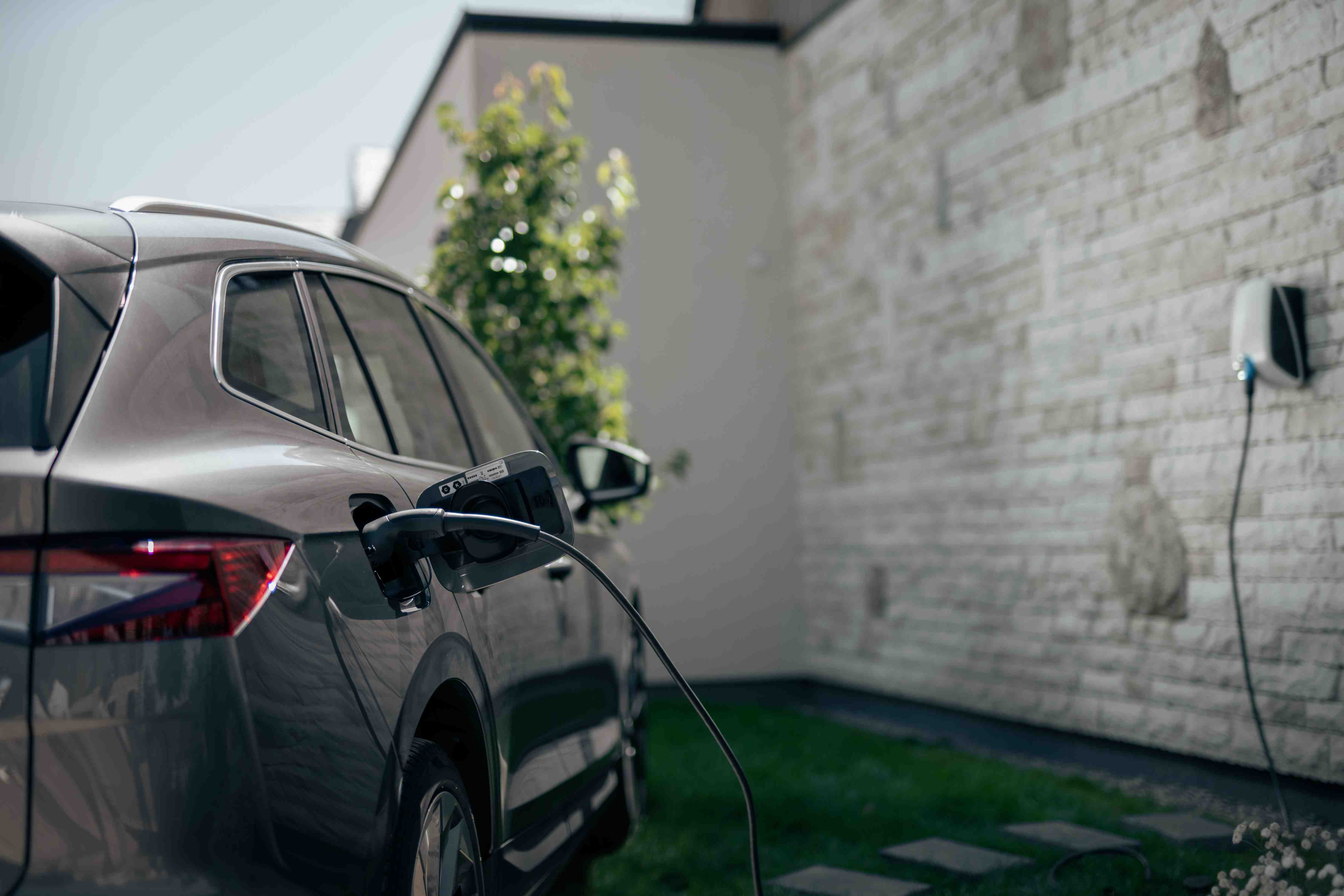How much does an electric car battery cost?
On average, current EV battery packs typically cost between $10,000 and $12,000.
The Growth of the EV Market and Battery Costs
If there were any lingering doubts about electric vehicles becoming the standard in the automotive industry, recent reports from PwC have put those to rest. According to their findings, global EV sales surged by 75% in Q3 2022 compared to the previous year. This impressive growth highlights how quickly the market is shifting toward sustainable transportation solutions.

Although many drivers are now considering making the switch to electric, the high cost of EVs remains a significant barrier for many consumers. The most expensive component of an electric vehicle is its battery. While battery prices have seen some fluctuations recently, the long-term trend has been a steady decline over the past decade, and this is expected to continue as production scales up and technology improves.
In this article, we’ll explore what influences the cost of EV batteries, how much it might cost to replace one, and what you can do to maintain your battery’s health and extend its lifespan. Whether you're thinking about buying an EV or already own one, understanding these factors can help you make informed decisions.
Why Are Electric Car Batteries So Expensive?
It's no secret that EV batteries are costly, but have you ever wondered why? While materials play a big role, the reasons behind the high price are more complex than they seem. Let’s take a closer look at the key factors that contribute to the cost of an EV battery.
What Are EV Batteries Made Of?
Similar to the battery in your phone or laptop, an EV battery is primarily composed of lithium—but on a much larger scale. Instead of just a few cells, an EV battery pack contains thousands of interconnected lithium-ion cells designed for high-performance use.

These batteries are built to last longer and perform under more intense conditions than typical consumer electronics. They are engineered for durability and reliability, which makes them more expensive to produce. In addition to lithium, EV batteries often include other elements like nickel, cobalt, manganese, and graphite, along with metals like aluminum or steel for the casing.
The combination of these materials, especially the rare ones, contributes significantly to the overall cost. Sourcing and processing these components requires advanced technology and careful logistics, which further adds to the expense.

Supply and Demand Challenges
One of the main reasons behind rising battery costs is the growing demand for electric vehicles, which puts pressure on the supply chain to meet the needs of manufacturers.
Since 2020, the automotive industry has faced ongoing shortages of computer chips, which have affected production and increased manufacturing costs. Additionally, there has been a global struggle to secure enough lithium, a critical component in EV batteries. These challenges have led to higher prices for lithium, which in turn has pushed up the cost of EV batteries.
With over $500 billion invested in electrifying fleets worldwide, the competition for raw materials is likely to continue, potentially leading to further price increases in the near future.
Manufacturing Complexity
Manufacturing EV batteries is a highly specialized process that demands precision and expertise. Compared to other types of batteries, EV batteries are designed for high energy density, meaning they store a large amount of energy in a compact and lightweight form. This is crucial for maximizing range while keeping the vehicle as light as possible.

Only a few countries and companies possess the know-how to manufacture such high-quality batteries. China currently produces around 70% of the world’s EV batteries, followed by the US, Japan, and South Korea. This concentration of expertise keeps production costs high and limits competition in the market.
While efforts are underway to boost domestic battery production in the US and EU, China is expected to remain the dominant player in the EV battery market for the foreseeable future.
Replacing an Electric Car Battery
Considering how expensive EV batteries are, it’s no surprise that replacing one can be a major financial commitment. However, battery replacement is actually quite rare, thanks to the long lifespan of modern EV batteries.
That said, it’s still important to understand what to expect if you ever need to replace your battery.
How Often Do EV Batteries Need Replacement?
Most EV batteries are designed to last between 15 to 20 years or 100,000 to 200,000 miles, depending on driving habits and usage patterns. This is far beyond the typical lifespan of a conventional car, which means you won’t need to replace your battery very often.
Cost of Replacing an EV Battery
In the rare event that you need to replace your EV’s battery, the cost can vary widely. Depending on the model and whether it’s under warranty, you could pay anywhere from free to over $20,000.

The final cost also depends on the specific vehicle. Some models feature standardized, easily accessible battery packs, while others may require custom parts or more complex procedures, which can increase the cost. Most EV manufacturers offer at least an 8- to 10-year warranty on the battery pack, so you’re likely to be covered for a significant portion of the vehicle’s life without additional expenses.
Prolonging the Life of Your Electric Car Battery
Even though EV batteries are built to last, it’s always wise to take steps to maintain their performance and extend their lifespan. By following a few simple practices, you can help minimize battery degradation and ensure your EV continues to perform well for years to come.
For example, keeping your battery charge between 20% and 80% can reduce stress on the battery and slow down aging. Avoiding frequent full charges or complete discharges helps preserve its capacity over time. Similarly, charging your EV only when necessary can also prevent unnecessary wear on the battery.

By taking these precautions, you can enjoy the benefits of electric mobility without worrying about premature battery failure. With proper care, your EV battery will serve you reliably for many years to come.
Titanium Tube Heat Exchanger,Heat Exchanger,Tube Heat Exchanger,Titanium Seamless Tube
Baoji Qiyuexin Metal Material Co., Ltd. , https://www.qyxtitanium.com
